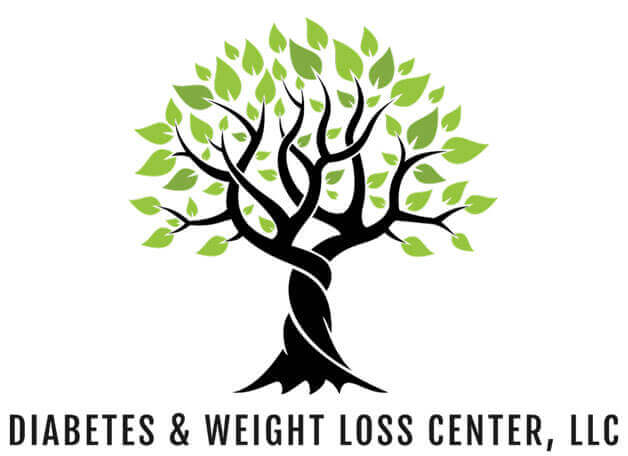Feeling constantly tired, struggling with weight gain, or battling mood swings? These are common symptoms of hypothyroidism, a condition where your thyroid gland does not produce enough hormones.
If you are facing these thyroid gland-related struggles, you are not alone. Hypothyroidism affects millions worldwide, but the good news is that effective treatments are available to help you regain your energy and vitality.
This blog will guide you through understanding hypothyroidism and its common treatments so that you can make informed decisions about managing your health.
Understanding Hypothyroidism
The thyroid gland is a very small, butterfly-shaped organ located in the neck. It produces hormones that regulate metabolism, influence heart rate, and support brain development. Hypothyroidism, also known as an underactive thyroid, is a condition where the thyroid gland does not produce enough thyroid hormones (T3 and T4).
A variety of factors can lead to hypothyroidism or underactive thyroid. Autoimmune diseases, such as Hashimoto’s thyroiditis, are common causes.
Other risk factors include iodine deficiency, certain medications, and a family history of thyroid problems. Women, particularly those over 60, are more likely to develop hypothyroidism.
Recognizing Hypothyroidism Symptoms
The following are the common hypothyroidism symptoms that warrant hypothyroidism treatment:
Fatigue and Weakness
Feeling tired all the time is one of the most prominent symptoms of underactive thyroid. This fatigue is different from just being sleepy; it is a deep exhaustion that does not improve with rest.
Weight Gain and Slow Metabolism
With an underactive thyroid, the metabolism slows down, making weight gain more likely. Even with healthy eating and exercise, losing weight may become challenging.
Cold Sensitivity and Dry Skin
People with hypothyroidism often feel cold, even in warm environments – this happens because the body’s metabolism is slow. Additionally, dry skin and brittle nails are common due to reduced production of natural oils.
Diagnosing Hypothyroidism
Here are some ways a healthcare provider can diagnose hypothyroidism:
Symptom Assessment
Healthcare providers start with a symptom assessment to identify signs like fatigue, weight gain, and cold intolerance. A detailed description of hypothyroidism symptoms helps guide further testing.
Blood Tests for Thyroid Function
Blood tests measure hormone levels, specifically TSH, T3, and T4. High TSH and low T4 levels are typical indicators of hypothyroidism. These tests confirm the diagnosis and help in monitoring treatment.
Additional Diagnostic Tools
In some cases, providers may use imaging tests, like an ultrasound, to evaluate the thyroid gland’s size and condition. This step can help detect any thyroid nodules or goiter, which might affect treatment decisions.
Hypothyroidism Treatment Options
The following are the most common hypothyroidism treatments recommended to manage hypothyroidism symptoms:
Thyroid Hormone Replacement Therapy
Thyroid hormone replacement therapy is a critical approach for individuals with hypothyroidism. The cornerstone of this treatment is levothyroxine, a synthetic form of the thyroid hormone thyroxine (T4), which is designed to mimic the hormone naturally produced by the thyroid gland.
This medication is administered orally, typically as a daily pill, and works by restoring normal hormone levels in the body. The primary goal of levothyroxine is to alleviate the myriad of symptoms associated with hypothyroidism.
However, finding the correct dosage of levothyroxine is not always straightforward and can require some time and patience. This process involves regular blood tests to measure levels of thyroid-stimulating hormone (TSH) and free thyroxine (T4), which guide adjustments in the dosage.
Lifestyle Modifications
In addition to medication, lifestyle modifications play an essential role in supporting thyroid hormone replacement therapy and promoting overall health.
Balanced Diet and Essential Nutrients
One of the fundamental aspects of lifestyle changes is adopting a balanced diet rich in essential nutrients that support thyroid function. Nutrients like iodine and selenium are particularly important, as they are integral to the production and metabolism of thyroid hormones.
Foods such as fish, seaweed, eggs, dairy products, and Brazil nuts can be beneficial in maintaining adequate levels of these nutrients.
Regular Exercise
Regular exercise is another vital component of managing hypothyroidism. Engaging in physical activity not only helps to boost energy levels and manage weight but also improves cardiovascular health.
Additionally, it enhances mood, which can be significantly affected by thyroid imbalances.
Stress Management
Moreover, stress management techniques are invaluable in supporting hypothyroidism treatment. Chronic stress can exacerbate symptoms of hypothyroidism and affect overall health.
Exploring Other Thyroid Problems
While hypothyroidism is a prevalent issue, it is important to be aware of other thyroid problems that can affect individuals.
Goiter
One of these conditions is goiter, which involves an abnormal enlargement of the thyroid gland. A thyroid problem goiter can result from iodine deficiency, autoimmune diseases, or benign thyroid nodules.
Though often painless, a goiter can cause visible swelling in the neck and may lead to difficulty breathing or swallowing if it becomes large.
Thyroid Nodules
Another common issue is thyroid nodules, which are lumps that can develop within the thyroid gland. These nodules are usually benign, but some may require further evaluation to rule out cancer.
Thyroid nodules might not cause symptoms; however, they can occasionally result in hyperthyroidism if they produce excess thyroid hormones.
Hypothyroidism Treatment in Oviedo, FL
If you experience symptoms of hypothyroidism and seek personalized hypothyroidism treatment, reach out to our healthcare provider here at Diabetes & Weight Loss Center for evaluation and personalized treatment.
Our highly trained and skilled Dr. Adriel Perez, DNP, A-APRN, FNP-C, can perform a comprehensive assessment to pinpoint the underlying cause of your thyroid problem. From hormone replacement therapy and dietary guidance to exercise recommendations, you can trust us to provide high-quality care and support for your thyroid health.
To learn more about hypothyroidism symptoms or to schedule a consultation with our provider, contact our friendly staff today at (407) 890-1876 or use our appointment request form. We look forward to serving you!


